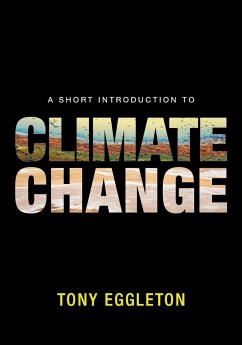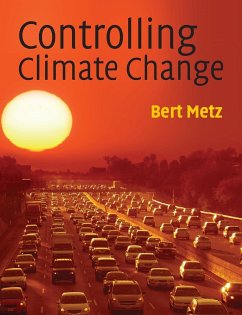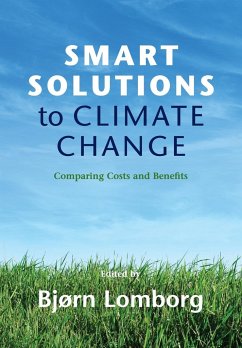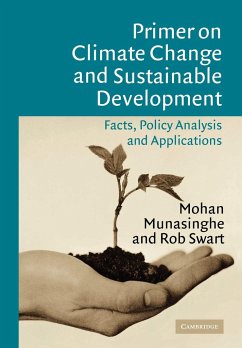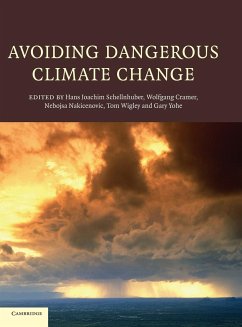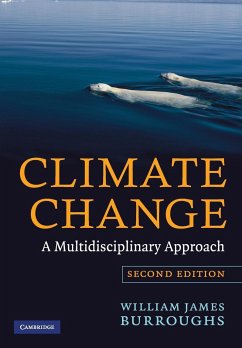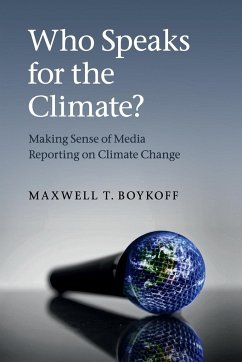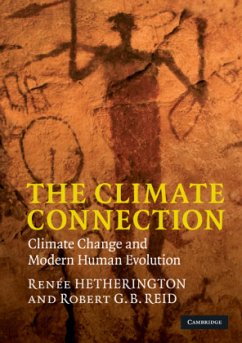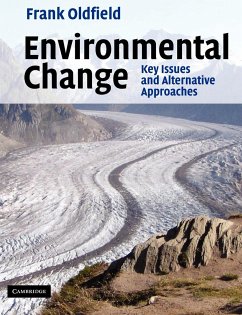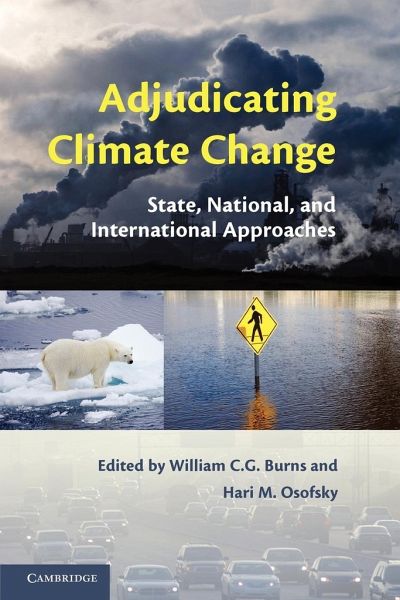
Adjudicating Climate Change
State, National, and International Approaches
Herausgegeben von Burns, William C. G.; Osofsky, Hari M.
Versandkostenfrei!
Versandfertig in 1-2 Wochen
49,99 €
inkl. MwSt.

PAYBACK Punkte
25 °P sammeln!
Courts have emerged as a crucial battleground in efforts to regulate climate change. Over the past several years, tribunals at every level of government around the world have seen claims regarding greenhouse gas emissions and impacts. These cases rely on diverse legal theories, but all focus on government regulation of climate change or the actions of major corporate emitters. This book explores climate actions in state and national courts, as well as international tribunals, in order to explain their regulatory significance. It demonstrates the role that these cases play in broader debates ov...
Courts have emerged as a crucial battleground in efforts to regulate climate change. Over the past several years, tribunals at every level of government around the world have seen claims regarding greenhouse gas emissions and impacts. These cases rely on diverse legal theories, but all focus on government regulation of climate change or the actions of major corporate emitters. This book explores climate actions in state and national courts, as well as international tribunals, in order to explain their regulatory significance. It demonstrates the role that these cases play in broader debates over climate policy and argues that they serve as an important force in pressuring governments and emitters to address this crucial problem. As law firms and public interest organizations increasingly develop climate practice areas, the book serves as a crucial resource for practitioners, policymakers and academics. This book examines lawsuits over climate change that have been brought around the world. It can serve as a resource for those interested in the problem of climate change and in the role that courts are playing in climate regulation.





